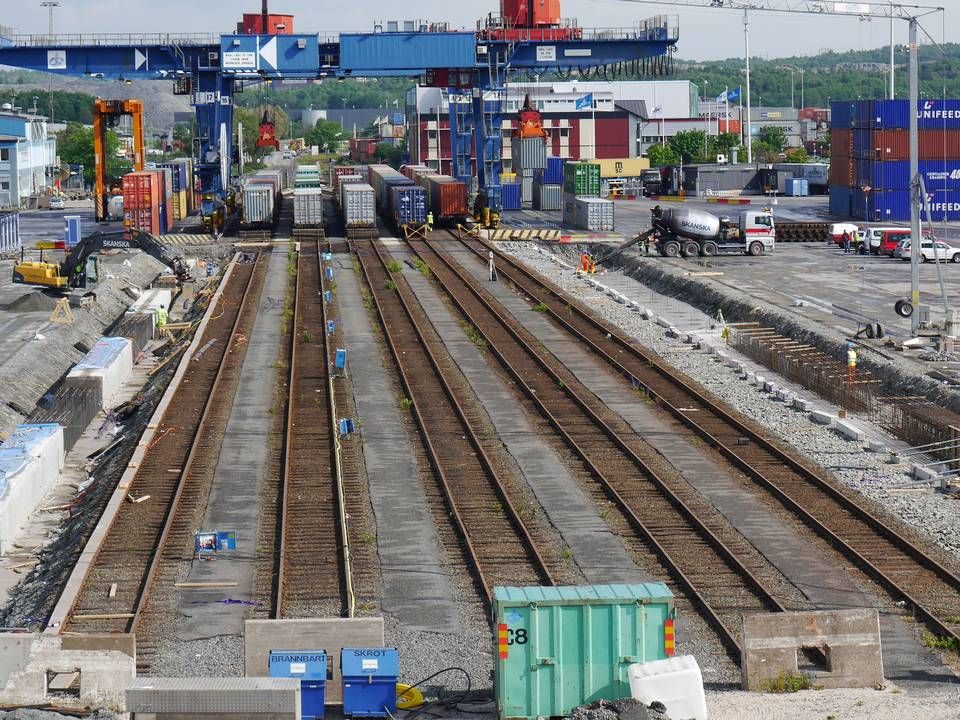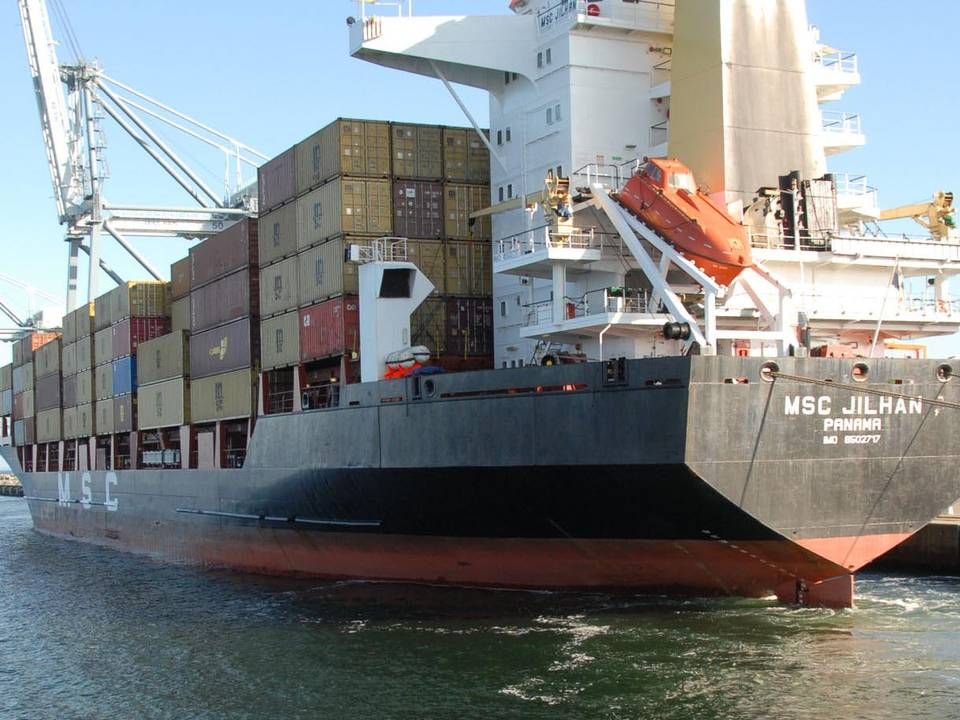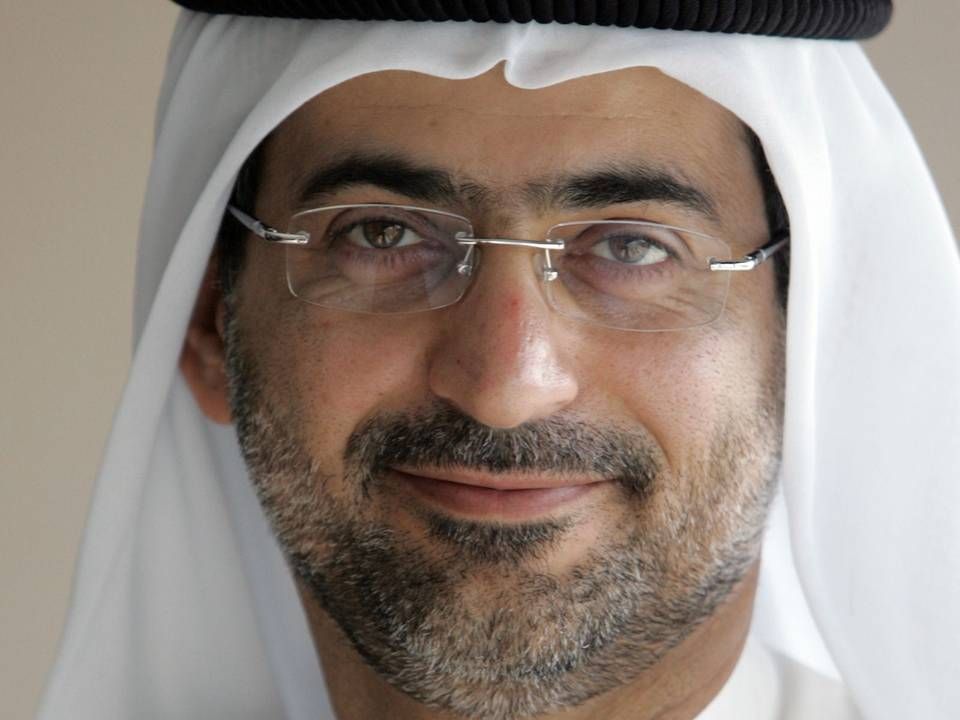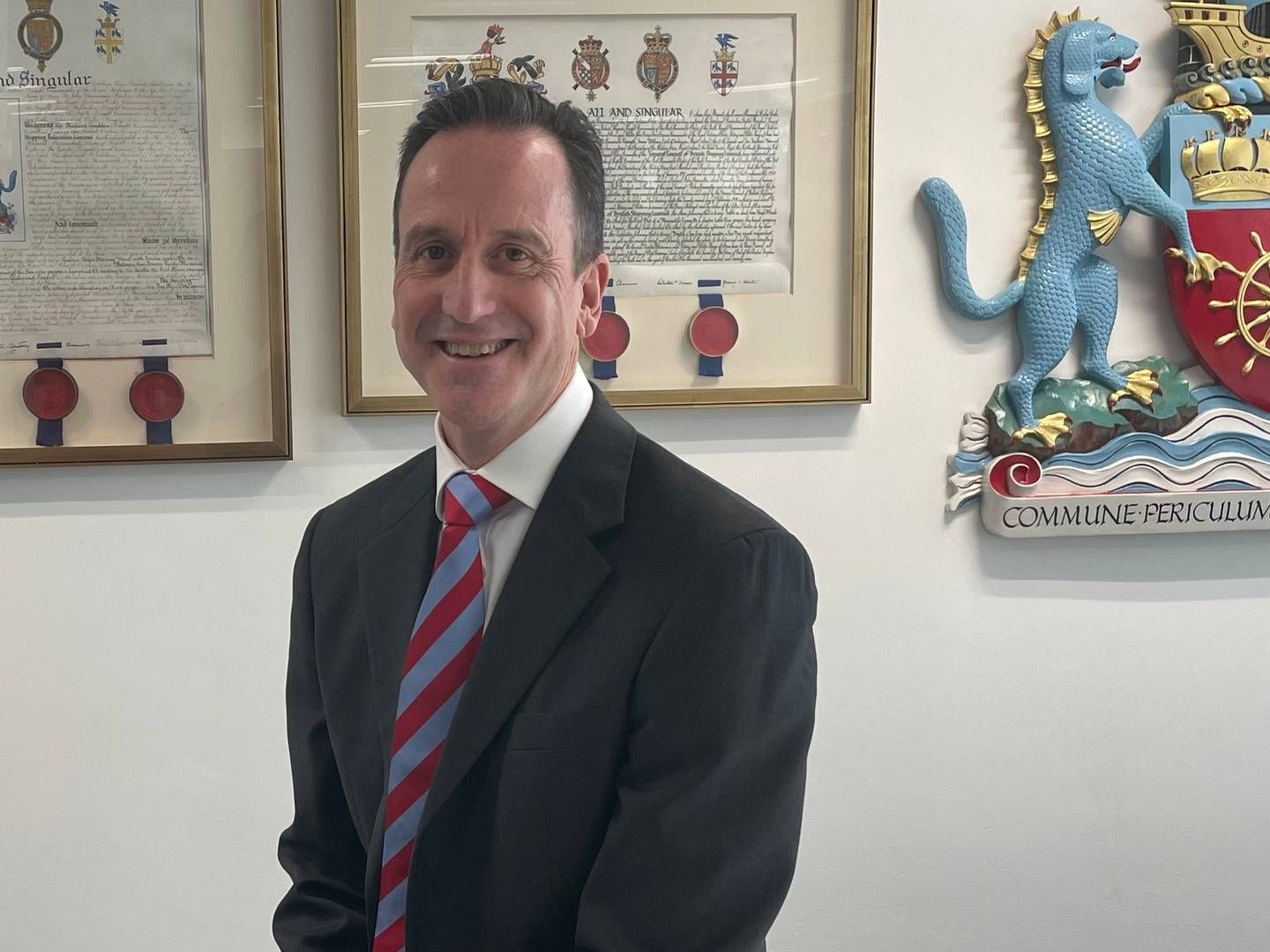CPH Malmö Port: We are not overjoyed
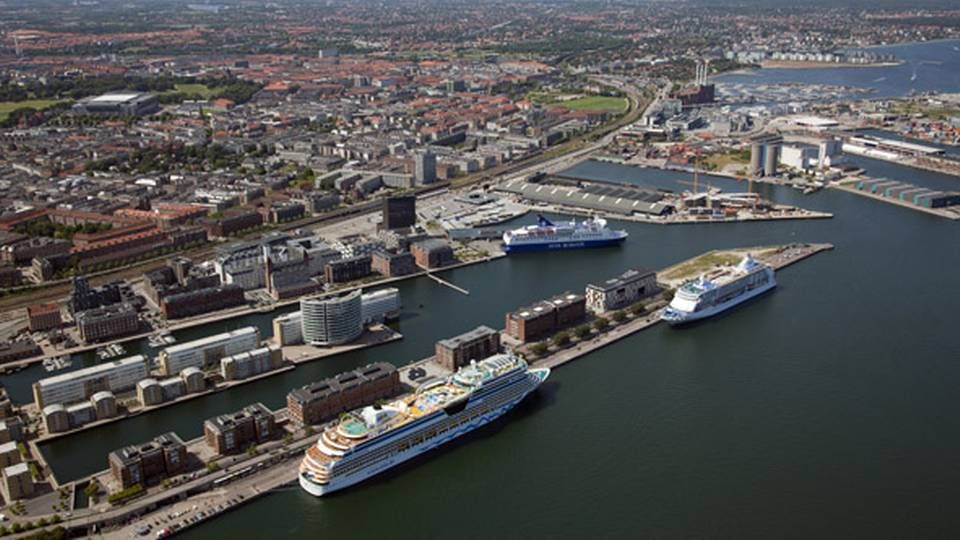
"We're more or less on budget, and some segments are doing better than others, but we're not overjoyed," Copenhagen Malmö Port CEO Johan Röstin tells ShippingWatch.
Since the financial crisis erupted the port's sales have remained almost stable, while the profit saw a steady decline in the period from 2009 to 2013. Cargo volumes also decreased a little in the same period, and the scenario will probably be similar this year.
"As it looks now the economy has not improved significantly since 2009-2010, and this means our profit has not improved. We expect that we'll be able to grow our volume faster," says Johan Röstin.
Challenges in several segments
ShippingWatch recently interviewed competitor Port of Gothenburg's CEO about developments in 2014, which he described as disappointing. Disappointment does not come easy to Johan Röstin, he says, stressing that the port will hopefully soon be able to reap the rewards from its major investments in cruise and container.
Copenhagen Malmö Port has expanded its cruise terminal, which started operating this year, and the foundation has been laid for a new container terminal in Copenhagen's Nordhavn, though this terminal is not expected completely ready until 2020. The ports biggest segments are cruise and cars, while container and bulk are ranked a bit lower on the employment list.
"Cruise is our biggest challenge. We've performed massive investments, but now we need to get all the customers over here," says Johan Röstin.
In addition to the Port of Gothenburg, Copenhan Malmö Port's competitors include Södertalje and Aarhus, but Johan Röstin believes that the ports are competing on parameters that are so different that they cannot be considered direct competitors. Also because Copenhagen Malmö Port is spread across various segments in its own unique way.
"And we also have the advantage of having access to numerous approved areas, which is a significant competitive parameter," says the CEO.
In addition to possessing strong advantages, Johan Röstin says the port benefits from having highly dedicated employees. This sounds like a typical CEO response, but he believes that his employees are especially good at maintaining the quality that he feels the port represents.
Sulphur regulations will be an advantage
Like all the other Baltic and North Sea ports, Copenhagen Malmö Port will be able to register from its customers that the new sulphur regulations are set to come into force on January 1st next year.
"Unlike our competitors we actually believe that this will become an advantage. The sulphur regulations will result in even more traffic for us, and when the fixed Fehmarn belt comes it will bring even more transport to us. Our intermodal transport will be strengthened, and we're going to benefit from that," says Johan Röstin.
Port of Gothenburg: Disappointing revenue in 2014
Related articles
Rotterdam's Sohar Port in Oman is struggling
For subscribers
DP World pleased with healthy growth
For subscribers

